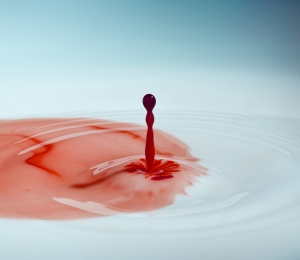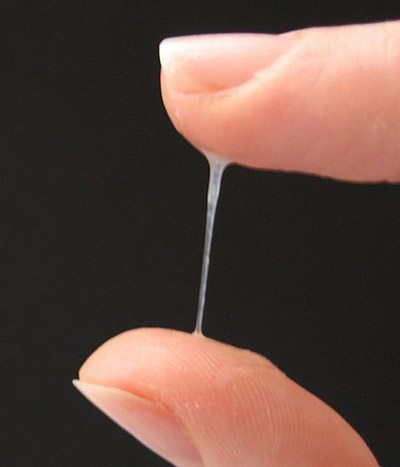If you are a young girl of around eight to twelve years, you are probably beginning to wonder about your body. At this age it is natural to wonder when you will grow taller, when you will develop breasts, when you will need to start shaving your legs, and, always a big question for girls, when you will get your first period. It can all seem very mysterious at this age. Your friends may get their period first, and that may leave you feeling like you are stuck as a kid while they grow up. You shouldn’t worry about that though. You will grow and your period will come in time. In the meantime, having accurate information can help you know what is going on with your body.
Why Women Menstruate
To begin with, let’s cover a few basic facts about why women menstruate (get a period) each month. If you look at a diagram of the female reproductive system, you will see that women have an opening into their body called the vagina. The vagina is located between two other openings on your body: your anus (where poop comes out) and your urethra (where pee comes out). The vagina leads up into your body and it has a sort of cap to it there called the cervix. The cervix acts as a barrier between the vagina and the uterus. The uterus is sort of like a pouch, and it is where a baby grows when a woman is pregnant. The uterus has two tubes connected to either side of it called the fallopian tubes. The fallopian tubes are each connected to an ovary, which contain a woman’s eggs.
Menstruation occurs when your body’s hormones prompt your ovaries to release an egg. The egg travels through a fallopian tube to the uterus. The uterus builds up a layer of blood each month and it is there to cushion and feed the baby that grows when a woman is pregnant. As the egg travels down the fallopian tube, it may become fertilized by sperm from a man. If that happens, the egg will arrive in the uterus and implant itself there and a baby will grow. If the egg is not fertilized, it will be shed through the vagina along with the blood from the uterus that would have nourished it, and this is when you get your period. This happens on average every 28 days. The length of time that a period lasts can vary. Some women get periods that last about three days. Some get periods that last six or seven days. The average is four days.
When Will You Get Your Period
first menstrual cycle at around the same age their mother was when she got hers. Some girls may get their first period as early as eight or nine years old, but that is very early. Most girls experience their first menstrual cycle at twelve or thirteen.Some girls get their first periods later than that at the age of fourteen, fifteen, or even sixteen. If you are a “late bloomer”, don’t worry too much. It doesn’t mean there is anything wrong or that you won’t get your first period. If you get to be sixteen years old and you haven’t had your first period, then you will want to talk to your doctor about it.
So, how will you be able to tell when you are about to get your first period? There are three signs you can look for that will tell you that you may get your first period soon. The first sign is that you will start to develop breasts. Once your breasts start to grow, it is likely that your first menstrual cycle will happen within a year.
The second sign is that your pubic hair will start to grow. Your pubic hair is the hair that grows between your legs. Hair will also start to grow under your arms. Pubic hair will typically get darker and curly as it grows, and it is often about two years after it starts growing that a first period occurs.
The third sign is vaginal discharge.
Before you get your first period, you will probably notice a white or yellowish wet discharge in your underpants. This is normal and you shouldn’t worry about it. It is simply a way that your body keeps your vagina moist. It usually starts about six to twelve months before your first period.
When you think that you may be getting closer to getting your first period, you may want to prepare by picking out supplies such as maxi pads and tampons. If you keep a couple of those in your locker at school, your backpack, or purse, then you won’t get caught unprepared!



